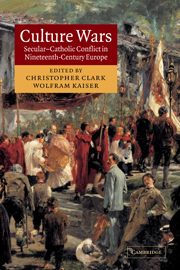Christian Democracy and the Origins of European Union
Major study of the role of European Christian democratic parties in the making of the European Union. It radically re-conceptualises European integration in long-term historical perspective as the outcome of partisan competition of political ideologies and parties and their guiding ideas for the future of Europe. Wolfram Kaiser takes a comparative approach to political Catholicism in the nineteenth century, Catholic parties in interwar Europe and Christian democratic parties in postwar Europe and studies these parties' cross-border contacts and co-ordination of policy-making. He shows how well networked party elites ensured that the origins of European Union were predominately Christian democratic, with considerable repercussions for the present-day EU. The elites succeeded by intensifying their cross-border communication and coordinating their political tactics and policy making in government. This is a major contribution to the new transnational history of Europe and the history of European integration.
- Sheds light on the role of European Christian democratic parties in the making of the European Union
- Reveals the long-term repercussions of the making of the European Union for the EU
- Will appeal to scholars of modern European history, the history of politics and religion, European politics and European studies
Reviews & endorsements
"Kaiser's book is a detailed scholarly analysis of European Christian democracy from its 19th-century inception to recent times. Recommended." -Choice
"Kaiser's survey impresses for its analytical incisiveness and chronological and geographic scope." -Central European History
"Kaiser's book is a milestone on the road to demonstrating how the European Union was built precisely through the networking of transnational actors such as Christian Democratic parties." -Stefan Berger, The International History Review
"...Kaiser has written an important book for scholars of European integration and European politics in the twentieth century." -Robert Mark Spaulding, H-German
"...a landmark contribution to contemporary European history." -Holger Nehring, Journal of Cold War Studies
Product details
December 2007Hardback
9780521883108
390 pages
229 × 152 × 25 mm
0.74kg
Available
Table of Contents
- Introduction
- 1. All paths to Rome? Transnational Catholicism in the nineteenth century
- 2. Under siege: Catholic parties in interwar Europe
- 3. After Versailles: left-Catholic cooperation
- 4. In the shadow of dictatorship: contacts in exile
- 5. Hegemony by default: Christian democracy in postwar Europe
- 6. Creating core Europe: the rise of the party network
- 7. Deepening integration: the supranational coalition embattled
- 8. Informal politics: from Rome to Maastricht.

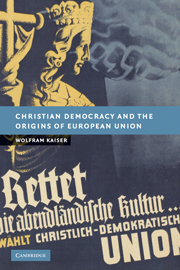
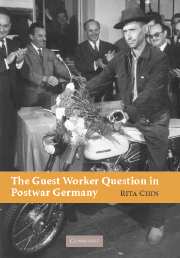
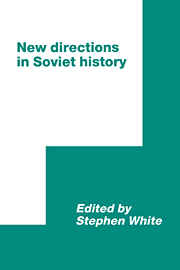
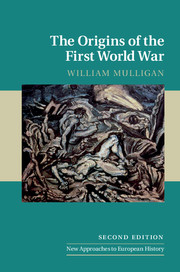
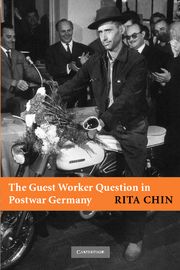




.jpg)
